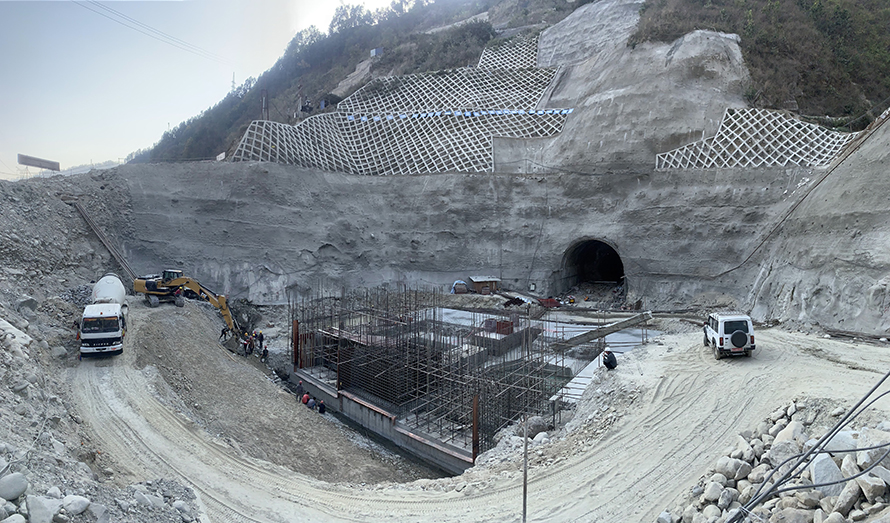Nabil Bank's Gross Negligence: Chinese Company's Fraud Drowning the Bank!
Banking Trust in Nepal: 'Made in China' Banking Also at Risk!

In Nepal, there’s a popular saying: “Made in China: Here today, gone tomorrow.” This phrase now seems to resonate with the banking sector as well. Bank guarantees exist, but payments don’t. Nabil Bank’s blind trust in a Chinese company and bank has led to this situation. The investments of depositors and the public in Nabil Bank are now at risk. Despite knowing this, Nabil Bank’s careless reliance on Chinese companies and banks raises serious questions about its managerial competence. This is just one visible case—how many more such investments could there be?
The Trishuli Hydropower Project: An Example of Chinese Fraud
The Trishuli-3B Hydropower Project was awarded to Chinese company Suifa Anhui Group, with a commitment to complete construction within three years. However, by the end of the construction period, only 66% progress had been achieved. When the Trishuli Hydropower Company terminated the contract and claimed the bank guarantee, China’s Everbright Bank refused to honor the counter-guarantee payment.
Nabil Bank, which had issued a bank guarantee of nearly NPR 1 billion, has already made the payment. However, with Everbright Bank refusing to disburse the counter-guarantee, Nabil Bank was forced to account for this amount as a loan loss provision. Now, the matter is stuck in a Chinese court, leaving Nabil Bank in financial and managerial turmoil.
The Risks of Trusting Chinese Banks and Companies
This is not the first instance where Chinese banks and companies have caused problems. Previously, the Melamchi Water Supply Project also faced similar challenges. The project’s counter-guarantee was provided by China Construction Bank, which refused to pay after the contract was terminated. It took Nepalese banks nearly a decade of legal battles to recover the amount.
Despite repeated failures, Nepalese banks continue to rely on Chinese banks and companies. Chinese companies consistently employ strategies such as breaching contracts, delaying work, and stalling payments through prolonged legal processes.
Questioning Nabil Bank's Role
Nabil Bank’s handling of this case demonstrates a serious managerial failure. Ignoring the history of disputes with Chinese banks and entering into large-scale investments reflects negligence and incompetence. Failing to properly assess risks before making major decisions—and responding only after problems arise—highlights a glaring lapse in leadership and governance.
A Stern Warning Against Chinese Companies and Banks
The recurring issues with Chinese construction companies and banks have placed Nepal’s banking system in jeopardy. Their disregard for contractual obligations and unethical practices make continued reliance on them a severe threat to Nepal’s economic security.
Nepalese banks must adopt stricter measures when dealing with Chinese companies and banks. Events like these not only erode public trust but also pose long-term risks to the country’s financial stability.





![From Kathmandu to the World: How Excel Students Are Winning Big [Admission Open]](https://nepalaaja.com/index.php/img/70194/medium/excel-college-info-eng-nep-2342.jpg)


